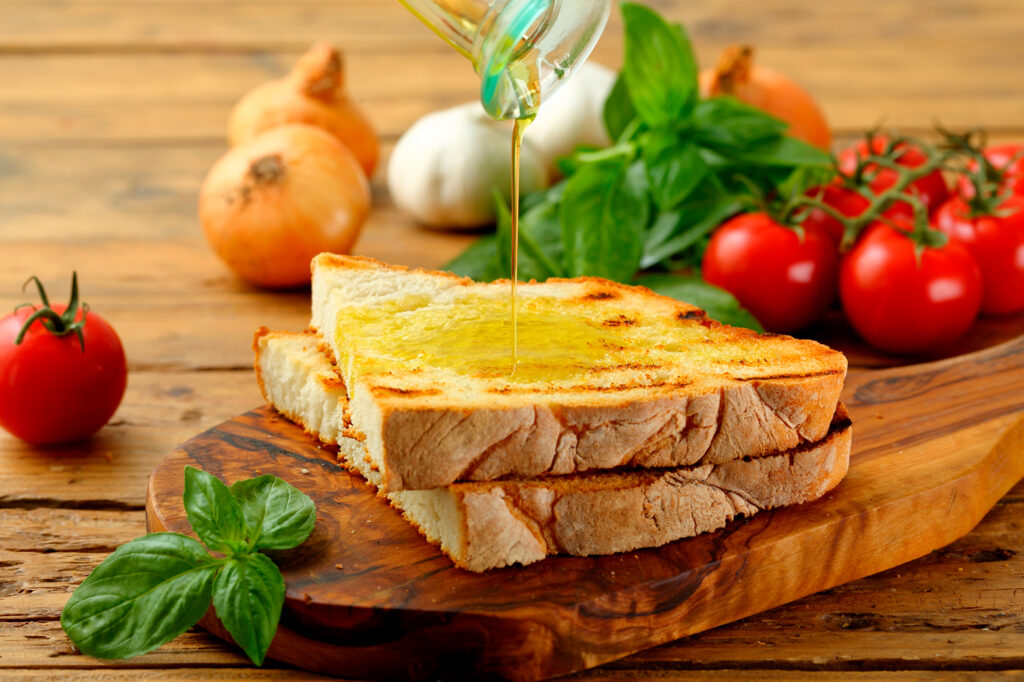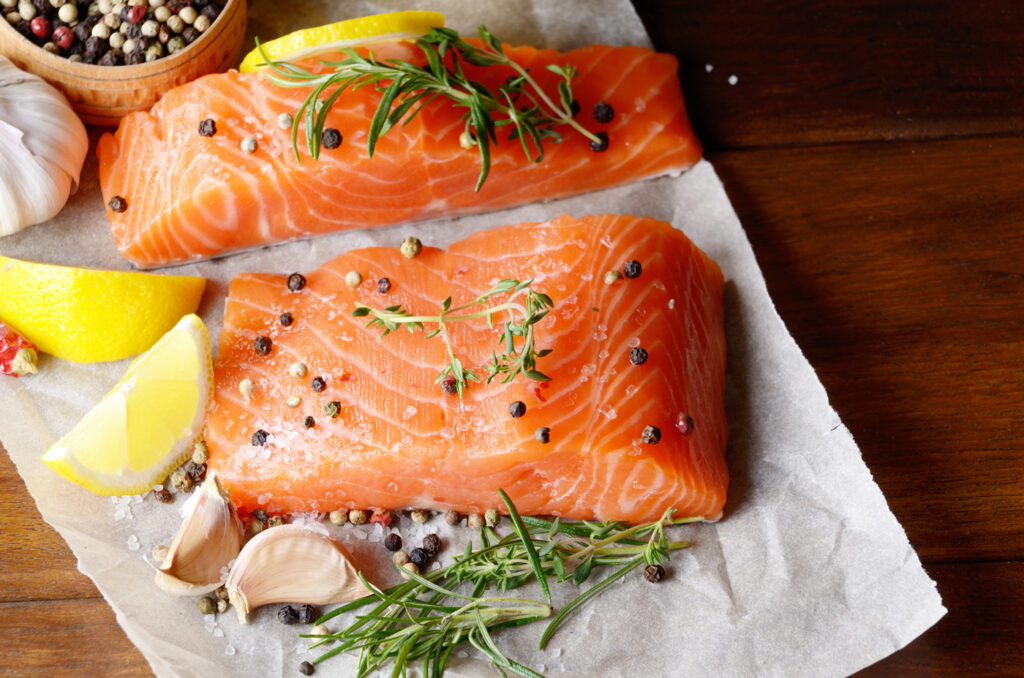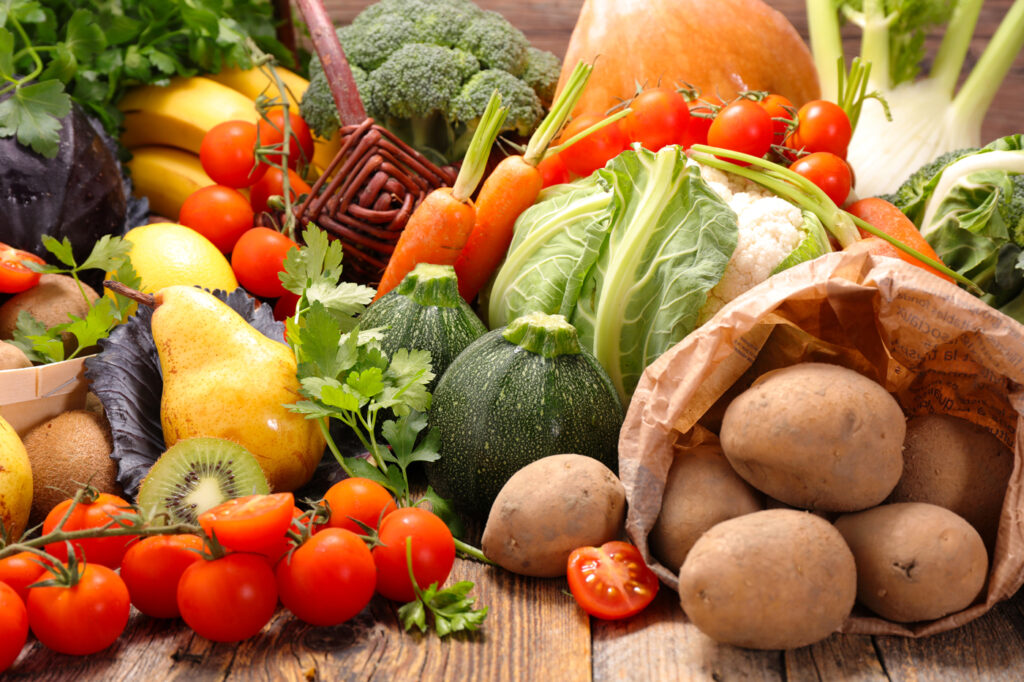Mediterranean cuisine is an explosion of fresh, rich, and diverse flavors that capture the essence of the region in every bite. Born along the shores of the Mediterranean Sea, this cuisine is filled with fresh and healthy ingredients such as olive oil, fish, vegetables, and fruits, creating a wide variety of colorful and flavorful dishes. Rooted in a culture of tradition and authenticity, Mediterranean cuisine is not only delicious but also one of the healthiest in the world. Here are some of the must-try flavors and dishes if you want to truly experience the authentic essence of this extraordinary gastronomy.
7 Mediterranean Flavors You Can’t Miss
Extra Virgin Olive Oil: The “Liquid Gold”
Extra virgin olive oil is the star ingredient and foundation of Mediterranean cuisine, often referred to as “liquid gold” in the region. Its smooth, fruity flavor is used for cooking, drizzling over salads, vegetables, and fish, or simply for dipping bread. This essential oil plays a key role in traditional recipes, including the famous Catalan “pa amb tomàquet”, where fresh tomato is rubbed onto bread, followed by a drizzle of olive oil and a pinch of salt. Rich in antioxidants and healthy fats, olive oil is an indispensable element of any Mediterranean table.

The Sea on Your Plate: Fish and Seafood
Thanks to its proximity to the sea, fresh fish and seafood are essential elements of Mediterranean cuisine. Dishes like seafood paella, arroz a banda, and grilled fish platters are staples along Spain’s Mediterranean coast. Other delicacies, such as grilled octopus, cuttlefish, and gambas al ajillo (garlic shrimp), are an important part of the Mediterranean diet. There’s nothing quite like the taste of freshly caught fish, prepared with a touch of garlic, olive oil, and parsley. The consumption of fish is also one of the key reasons why the Mediterranean diet is known for its health benefits.

Seasonal Vegetables and Greens
The abundance of fresh vegetables is another fundamental aspect of Mediterranean cuisine. They are featured in dishes such as escalivada (roasted eggplant, peppers, and onions), Greek salad (with tomatoes, cucumbers, onions, olives, and feta cheese), and Italian caponata, a delicious eggplant and tomato stew. Seasonal vegetables serve as the foundation of many traditional recipes, such as gazpacho, the famous Andalusian cold soup made with tomatoes, peppers, and cucumbers—a refreshing and healthy delight. Packed with vitamins and minerals, these ingredients bring freshness, flavor, and vibrant color to the Mediterranean table.
Cheeses and Cured Meats: A Feast of Flavors
The Mediterranean is also home to a rich variety of cheeses and cured meats. In Spain, jamón ibérico is a gastronomic treasure, typically served in thin slices to fully appreciate its texture and deep flavor. In Italy, prosciutto and mortadella are highly prized, while France is known for fuet and the charcuterie of Provence. When it comes to cheese, manchego, feta, and pecorino are among the most iconic. These delicious products are often enjoyed as tapas or appetizers, perfectly paired with crusty bread and a good wine.
Spices and Aromatic Herbs
Herbs and spices are part of the magic that gives Mediterranean cuisine its distinctive flavor. Rosemary, thyme, basil, oregano, and bay leaf are widely used to season meats, fish, and sauces. A great example is Greek tzatziki, a yogurt-based sauce with cucumber and garlic, enhanced with mint or dill. Another classic is Italian pesto, made with basil, pine nuts, and olive oil. These herbs add a fresh aroma and intense flavor, naturally enhancing every ingredient.
Local Wines and Liqueurs
Wine is the perfect companion to Mediterranean cuisine. With renowned wine regions like La Rioja in Spain, Tuscany in Italy, and Provence in France, the Mediterranean produces some of the finest wines in the world. Additionally, the region is home to distinctive liqueurs, such as Greek ouzo, Italian limoncello, and Spanish anís, which are perfect for ending a meal or enjoying as an aperitif.
Traditional Sweets: The Perfect Ending to a Feast
To complete a Mediterranean meal, desserts play an important role. From fresh fruits to elaborate pastries, the region offers a wide variety of sweet treats. Some iconic desserts include baklava, a flaky phyllo pastry filled with nuts and soaked in honey, and almond-based cakes like Spain’s famous Tarta de Santiago. In Italy, tiramisu and Sicilian cannoli are beloved classics, while in France, fruit clafoutis and macarons hold a special place on dessert tables.
Mediterranean sweets often feature nuts and honey, natural ingredients that provide a delicate and distinctive sweetness.

Mediterranean cuisine is not just a culinary experience but a way of life that celebrates freshness, simplicity, and the joy of good food. From its golden oils to its fresh seafood, exceptional wines, and colorful, flavorful dishes, this cuisine is a delight for the senses and a cultural legacy that has become a symbol of good health and good living.


Leave a Reply